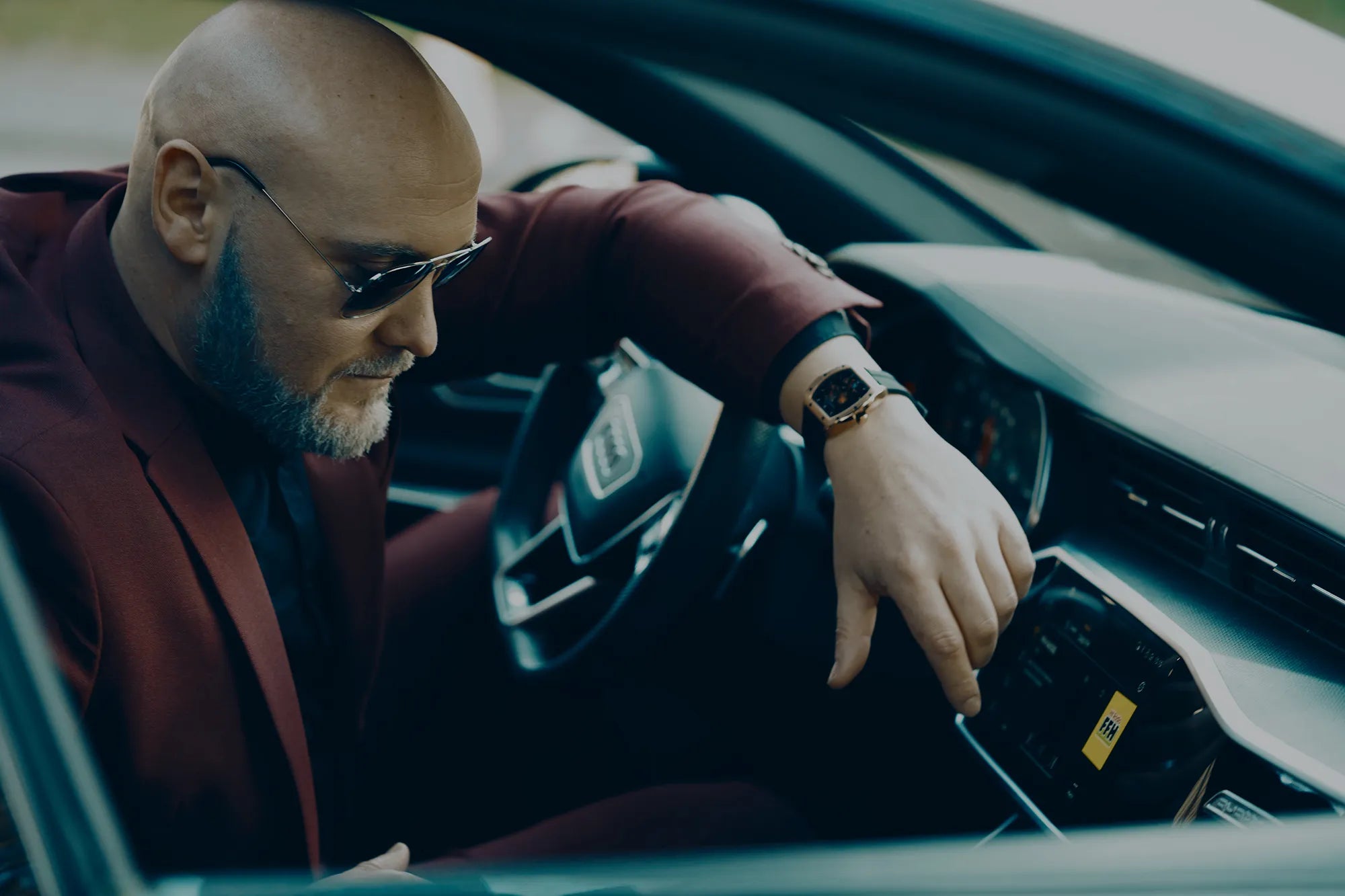Watches have always played a significant role in human history. They have continually evolved from their function as timekeepers to their current significance as style and status symbols. In this blog post, we want to trace the fascinating journey of the watch through the centuries and explore how it has evolved from a mere instrument to telling personal stories.
The Beginnings: Precision and Science
The first mechanical clocks were created in the Middle Ages and revolutionized people's understanding of time. These early timepieces were large devices, often housed in towers, that enabled precise timekeeping and thus structured people's lives. During this time, functionality was clearly the main focus. Clocks were an expression of scientific progress and technological sophistication.
The 19th Century: Watches as Status Symbols
With the Industrial Revolution and the development of portable watches, timepieces began to play a new role. Pocket watches became a sign of wealth and social status. Owning a precise and well-made watch demonstrated one's taste and financial power. Watches became heirlooms passed down from generation to generation, thus taking on a deeper emotional meaning.
The 20th Century: Wristwatches and the Democratization of Luxury
The introduction of the wristwatch in the early 20th century marked another milestone. Wristwatches not only became more practical and suitable for everyday use, but also became fashionable accessories. In the post-war years, the watch underwent a transformation towards the democratization of luxury. Brands such as Matthis Bernard relied on exquisite craftsmanship and innovative designs to create timepieces that embody both elegance and functionality.
Modernity: Expression of Personality
Today, the watch has taken on a new meaning. It is not just a status symbol, but an expression of the wearer's personality. A watch tells stories - be it the story of its manufacture, the precision of the movement or the inspiration behind its design. At Matthis Bernard watches, we attach great importance to creating watches that tell individual stories. Each watch is a masterpiece that reflects the values and tradition of our brand while underlining the personality of its wearer.
Watches as personal heirlooms
In our fast-paced digital world, mechanical watches are more than just timepieces. They are companions that remind us of special moments. A watch from Matthis Bernard, for example, can be a gift for an important life event - an anniversary, a graduation or a wedding. Such watches become heirlooms that preserve not only time, but also memories and emotions.
Conclusion: The clock as a mirror of society
From their origins as precise timepieces to their role as status symbols and personal narratives, the watch has undergone a remarkable evolution. At Matthis Bernard, we are proud to be part of this history and to create watches that are more than just instruments. They are expressions of elegance, tradition and individuality - true works of art that tell stories and remain timeless.
Read more

Watches are much more than just practical timepieces. They are an expression of style, personality and elegance. In this blog post, we delve into the fascinating world of watches as a fashion acc...

The story of Matthis Bernard Uhren is a story of passion, creativity and down-to-earth entrepreneurial spirit. It all began in 2018 in Nuremberg, when two young entrepreneurs and watch lovers, an e...



